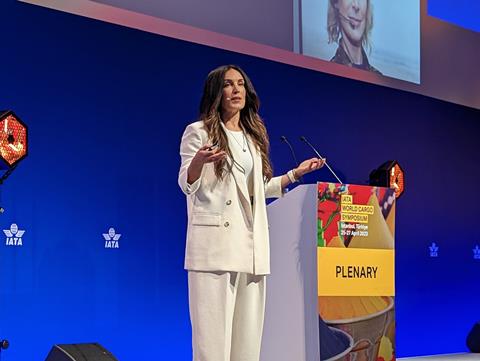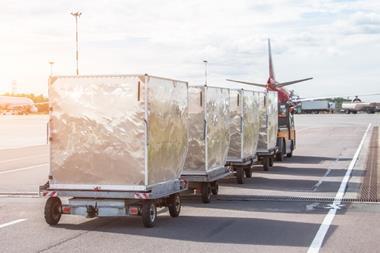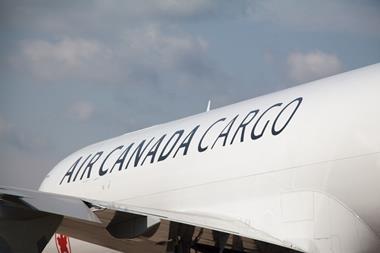
The air cargo industry must dig deeper to recruit and retain valuable new talent.
This was the consensus of a panel discussing the ‘air cargo talent challenges’ during the Opening Plenary of the IATA World Cargo Symposium 2023.
The industry is well versed in the negative points associated with working in air cargo.
Abedin Dula, account manager, VRR highlighted the antisocial hours and flexibility often required for the job, while Janet Wallace, managing director cargo operations, Air Canada, added that post-pandemic people prefer work from home, which isn’t compatible with the nature of the industry.
Wallace warned that new technology is adding a new layer of complexity to hiring staff by changing the skills required from new employees, and the industry needs to be aware of these changes or risk compromising the quality of their workforce.
Ashwin Baht, chief executive of Lufthansa Cargo, said some of the core ways to address the skills gap is to promote the industry more, teach school pupils about the qualifications and experience that could be useful in the industry, plus “learn the language of youth”.
Two initiatives that Lufthansa have executed include providing education funding to upskill staff, and investing in sustainability – a topic important to young people – by enabling staff interested in sustainability to spend time working in different departments to share their ideas and proposed projects.
Lea Walther, head of process development, Air Cargo Community Frankfurt, said it is important to “reframe cargo” and consult with the community that your business operates within to solve problems, and brainstorm with staff and find out what attracted them to the job as a way of generating inspiration about what might attract young people at career fairs, school etc.
Walther added establishing which recruitment methods work best is important, while Dula noted simply “valuing people” and not treating them as commodities is key.
Moderator Kendra Kincade, Elevate Aviation president and chief executive agreed that being more resourceful with existing staff regarding future recruitment was a good move.
“Give a platform to the people outside of HR,” she said. Seeing people doing the job, or learning from someone face to face – like a pilot - is what is going to inspire young people.
You have to be able to see yourself in the industry to actually join it, she concluded.















